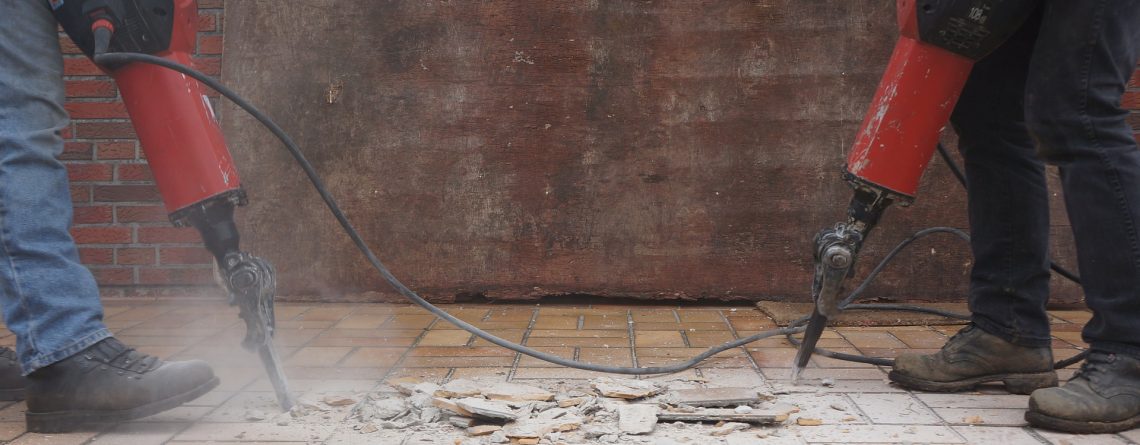6 Demolition Tips
Commercial Construction Projects may vary on their size, budget, schedule, people involved and scopes of work. Regardless of the case, a construction project must be well planned at all stages.
Most of the times demolition comes right before the actual construction begins. Construction involves putting up a structure while demolition involves pulling down a building or space when its purpose or functionality is no longer fulfilled. This stage of the construction project is the most important and it looks simple. However, in recent years, it has become more complicated and dangerous due to the high diversity of building types and unknown factors, such as the methods and materials used.
Today I want to give you 6 tips you should keep in mind when planning a demolition project:
1. Determine Field condition / Surveying: Before the demolition work takes place, a competent person must do a field study. This procedure includes determining the condition of the structure, type of framing, floors, walls and defining the types of hazardous chemicals, gases, and flammable materials that have been used in the original structure.
2. Build a demo plan: A demolition plan can be prepared after the survey is completed. This plan will illustrate the different processes and procedures involved in the Demolition work . Drawings or demolition plan will show exactly what is coming out, what should stay and what will be replaced. It is really important to create and understand a scope of work in order to save time, materials and perform a more efficient job.
3. Define procedures and tools: Once you have the demolition plan and an understanding of what needs to be demolished, salvaged or remained, it is time to define the methods that will be used to bring the structure down and the equipment necessary to get the job done.
4. Safety measurement: Demolition requires careful and safe methods in order to make sure that the person involved is protected. Provide personal protective equipment and ensure that everyone knows the procedures and potential risks.
5. Demo smart: Try not to rip everything out, some things can be saved and reused, like materials, doors and windows.
6. Clean: Clean before, during and after work. Stack everything in the same place, this will save you time.


